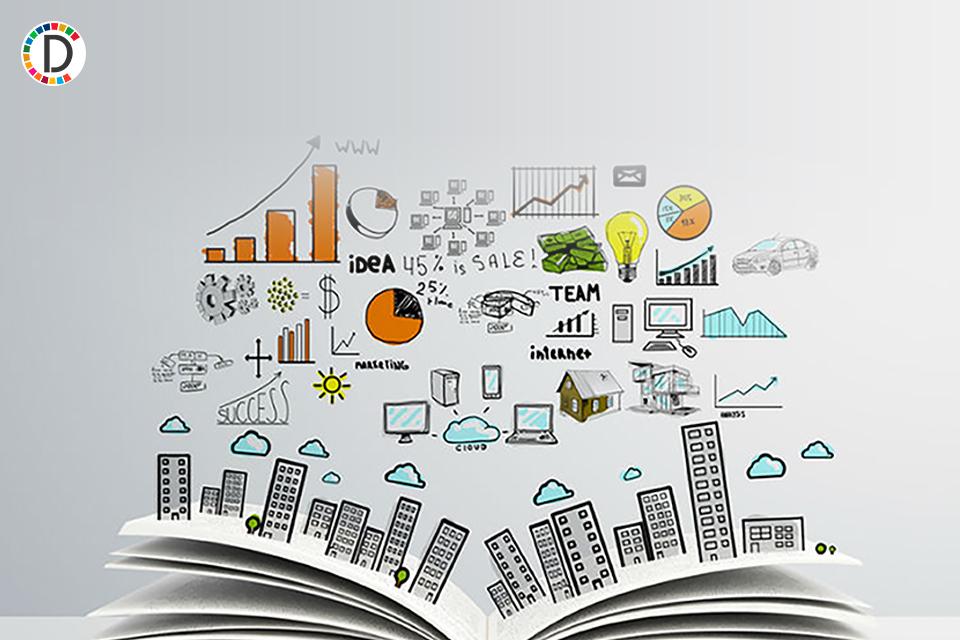'Large corporates changing supply-chain strategy, market access, security key points'

- Country:
- India
Companies are changing their supply-chain strategy from low-cost to the one based on de-risking on issues around security and market access post the pandemic, Senior Advisor to Mahindra Group in South Korea, Inbom Choi, said on Saturday.
Choi was speaking at a panel discussion on 'Building Reliable Global Supply Chains' during the second day of the Asia Economic Dialogue 2021, jointly convened by the Ministry of External Affairs and the Pune International Centre.
Bajaj Auto MD Rajiv Bajaj, Nguyen Thanh Hung, Chairman – Sovico Group of Vietnam and Mamoru Yokoo, Director and Executive VP – Mitsubishi Corporation, also participated in the panel discussion chaired by Ganesh Natarajan, Chairman 5F World and Trustee, Pune International Centre (PIC).
''For the last 10-20 years, the corporate strategy for the supply chains was based on low-cost. That is why most of the companies went to China. Many corporations are now changing this strategy," Choi said.
He said that today the large corporations are looking at their supply chains strategy from the security issue and market access point of view. Therefore the priority is shifting and because of that probably companies are moving away from China for sourcing to countries like Vietnam, India and South Korea, Choi stated. He said that a particular large US company, which is a Tech Mahindra customer, is asking it to change the sourcing from China to other countries, and such a trend is expected to pick further. He pointed out that digitalisation is transforming the services sector such as banking, online retail and the quick service restaurant space,which is a direct result of the pandemic which has driven changes in consumer behaviour. The South Korean government is supporting and promoting the digital and green economy, he added Safety and security challenges and market access will play a dominant role in the future and world will see 'regional cooperation' and higher levels of 'protectionism' as compared with global multilateral arrangements in the near future, he said. This will be led by many global factors, significantly the US China trade dispute and influence Industry 4.0 too, according to him. Stating that Vietnam's excellent Covid-19 response and control makes it well poised to emerge as a global sourcing base for companies, Hung said that many Japanese, American, Korean, Taiwanese and Singapore-based companies are investing in his country. The Vietnamese government is investing in and supporting extensive infrastructure projects including a new international airport to be operational by 2025 with a capacity to handle 100 million passengers and 500 MT of cargo every year, he said.
Besides, the government has commenced work on an ambitious project of 5,000 km of expressways to be completed in 10 years, he said, adding that Vietnam has registered the highest GDP growth in the world in 2020 and this trend will be reflected this year. Echoing the sentiment that Vietnam and India are well poised to emerge as preferred supply and sourcing hubs of the world, Yokoo said, "India, is also a huge market for companies around the world." He added that the global business environment is changing and the Japanese manufacturers have now learnt not to depend much on China more so in the light of recent supply chain shortages in many areas. He referred to the disruption in the supply of electronic chips to elucidate his point.
(This story has not been edited by Devdiscourse staff and is auto-generated from a syndicated feed.)
- READ MORE ON:
- Mahindra Group
- Singapore
- Japanese
- China
- Korean
- Inbom Choi
- 'Building Reliable Global Supply
- World
- Ganesh Natarajan
- Sovico Group
- South Korea
- India
- South Korean
- Bajaj Auto MD Rajiv Bajaj
- Taiwanese
- Pune International Centre
- Ministry of External Affairs
- Mitsubishi Corporation
- Nguyen Thanh Hung
- Trustee
ALSO READ
Modi right choice for chancellor of university of corruption: Stalin
Ecuador's former vice president Glas on hunger strike -lawyer
Ecuador's former vice president Glas on hunger strike, lawyer says
UK PM Rishi Sunak stands by his choice of fashionable Adidas trainers amid criticism
Trump criticizes Jewish voters supporting Biden: 'Need to rethink their choice'










